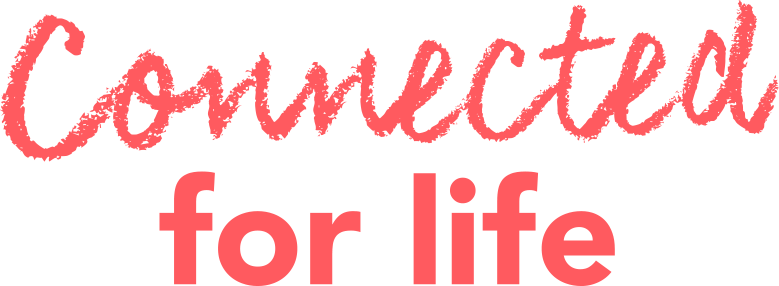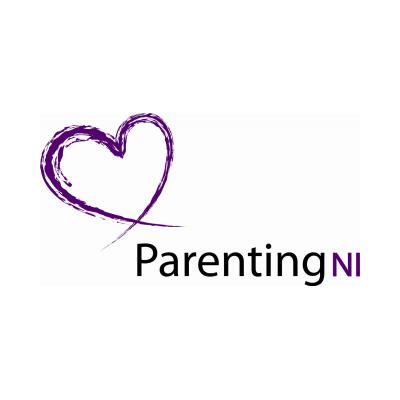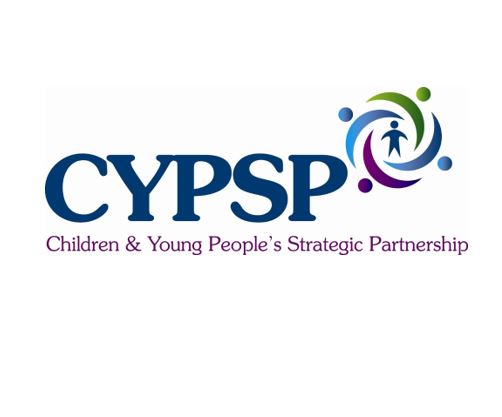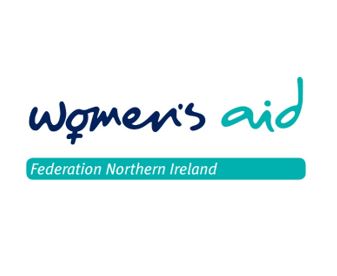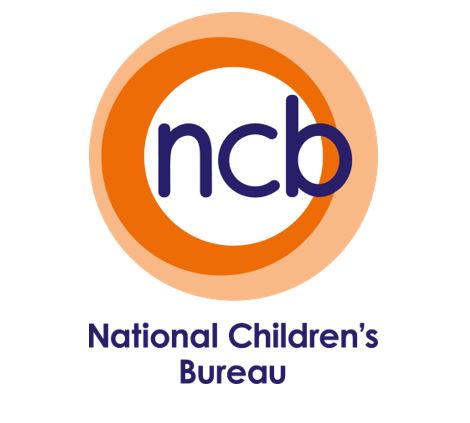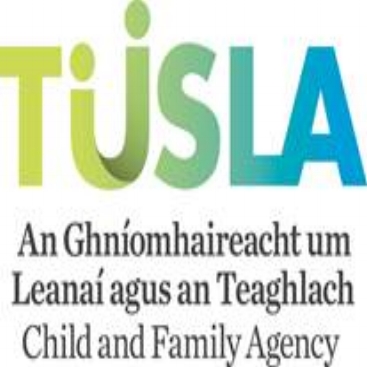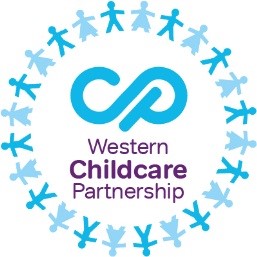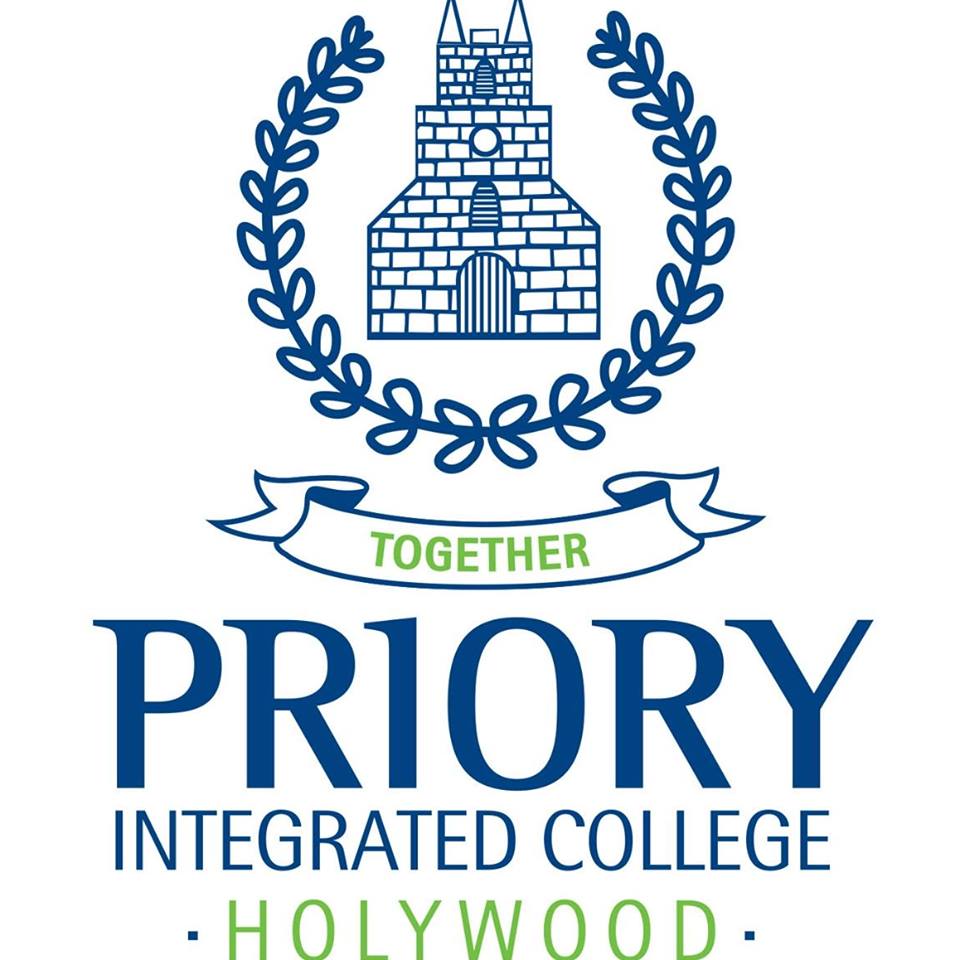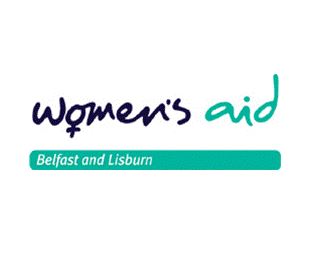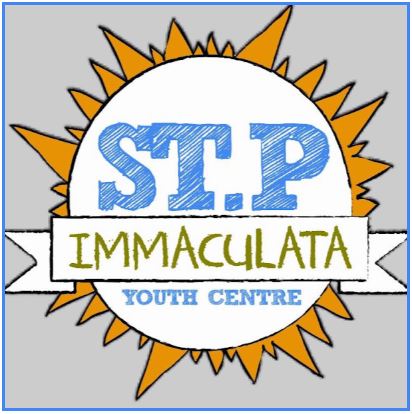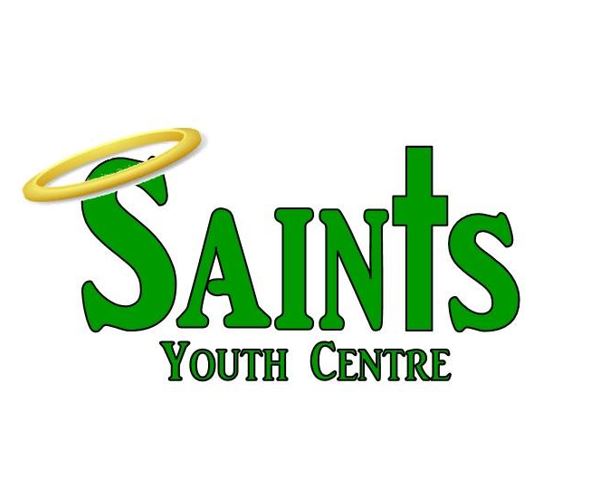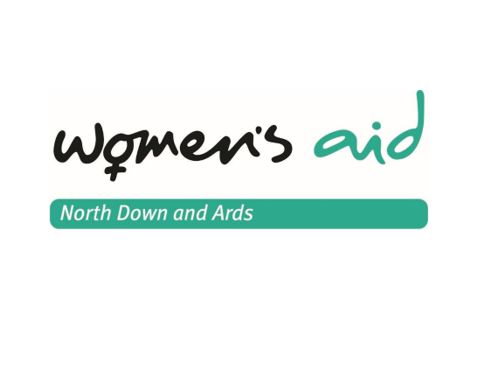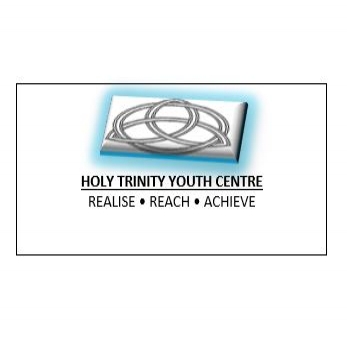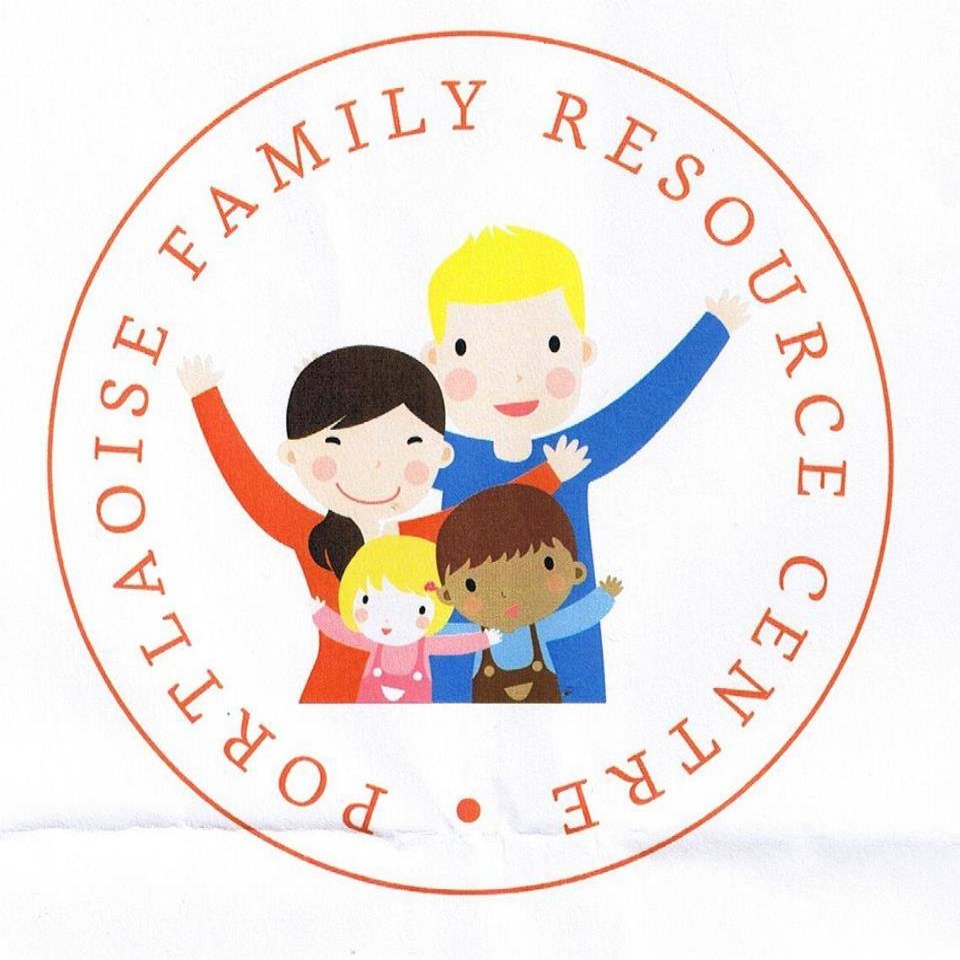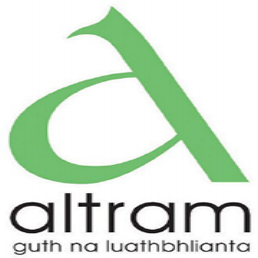We offer training around a range of themes which include but are not limited to: Trauma, attachment, the potential impact of early experiences, adolescence, supporting emotional regulation, reflective and relationship-based practice and self-care. Our training is tailored to the needs of your organisation/group.
Below are just some examples of the types of training we offer:
Introduction to Trauma-Informed and Responsive organisations - This is most often delivered over two days, as a basic introduction to what it means to be a trauma-informed and responsive organisation. It can also be tailored to focus on other contexts, such as practice, communities, leadership and management, etc. The training is tailored to the needs and requirements of the commissioning organisation. It can cover a range of related areas, including: what is trauma; types of trauma; the potential impact of trauma and adversity; breaking the cycle; the journey to becoming more trauma-informed and responsive; what does it mean and why does it matter; considering where you are on the journey and action planning to move forward.
Follow up support can be offered to support organisations, individuals and teams on this journey.
The Potential Impact of childhood Stress and Adversity - This explores how and why early relationships, stress and adversity can potentially impact physical and emotional development and later outcomes. It reflects on how and why many people survive and even thrive despite experiencing childhood stress and adversity and how we can learn from this for ourselves and those we support.
Attachment - This aims to simplify attachment theory and help participants understand in a relatable way what attachment is and why it matters. The content is flexible and can be facilitated for parents or practitioners.
Navigating Adolescence - This explores the impact of developmental changes in adolescence and how these can potentially affect relationships, behaviour and emotional health. It can be facilitated for parents, young people or practitioners.
Helping Children Manage their Emotions - This focuses on how children learn to manage their emotions, feelings and behaviour, what can get in the way and how they can be supported to learn self-regulation skills. It can be adapted to best suit the needs of parents, practitioners or young people
Managing 'Behaviour that Challenges' - This helps participants consider how best to work with challenging, violent and / offending behaviour, using an attachment / trauma-informed approach. It also addresses the importance of helping children and young people to develop emotional-regulation techniques.
Self-care - The need for self-care is well-documented, whether you are a practitioner, organisational leader or a parent. We know that, without it, stressful lives and roles can lead to secondary trauma, burnout, blocked care and even health issues. However, many of us still struggle to practice self-care or even know what this means for us. Rather than providing tools and techniques for engaging for self-care, we explore what the blocks can be for us and how we might go about overcoming these.
We have delivered training and workshops to a range of organisations, including the following
